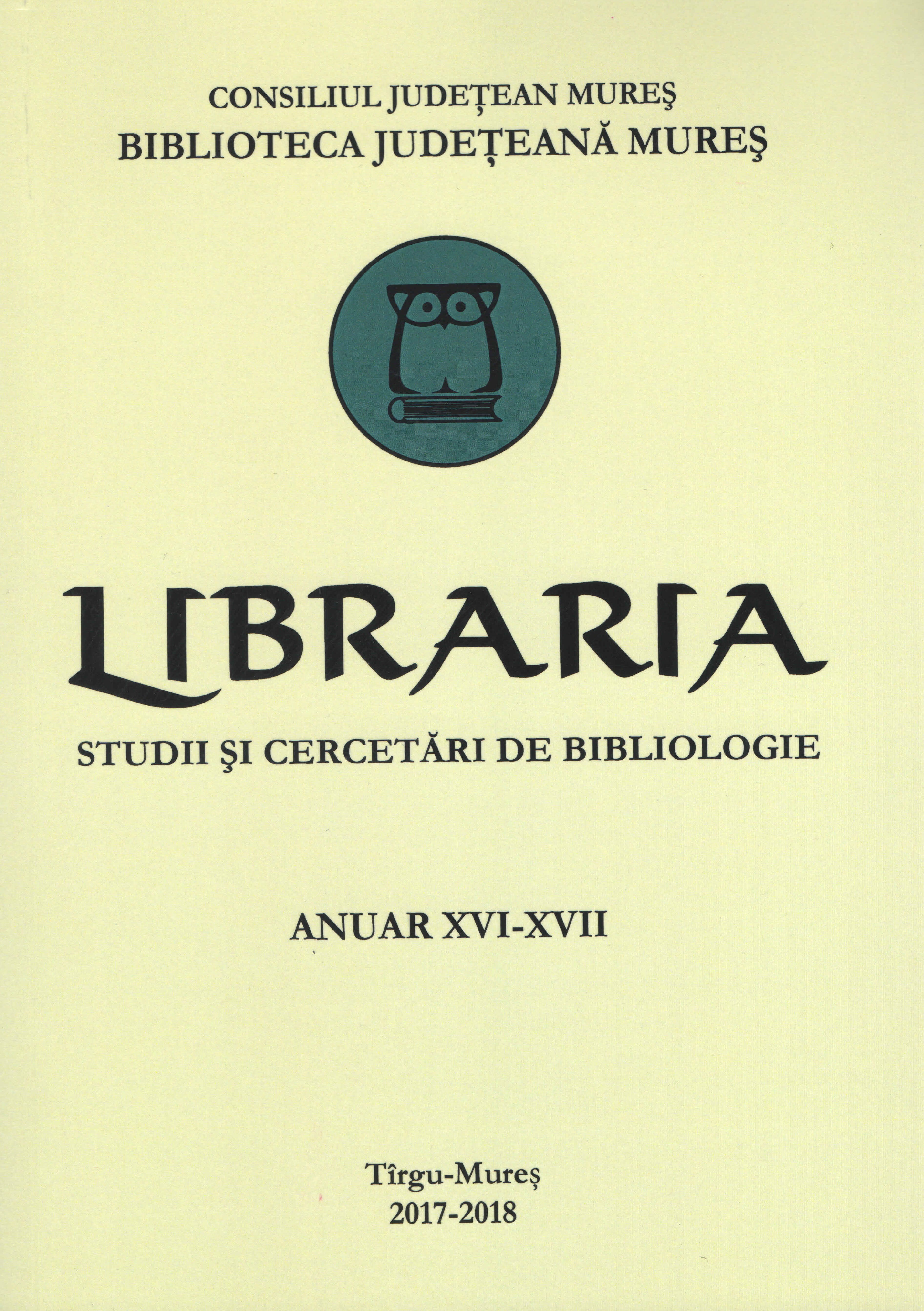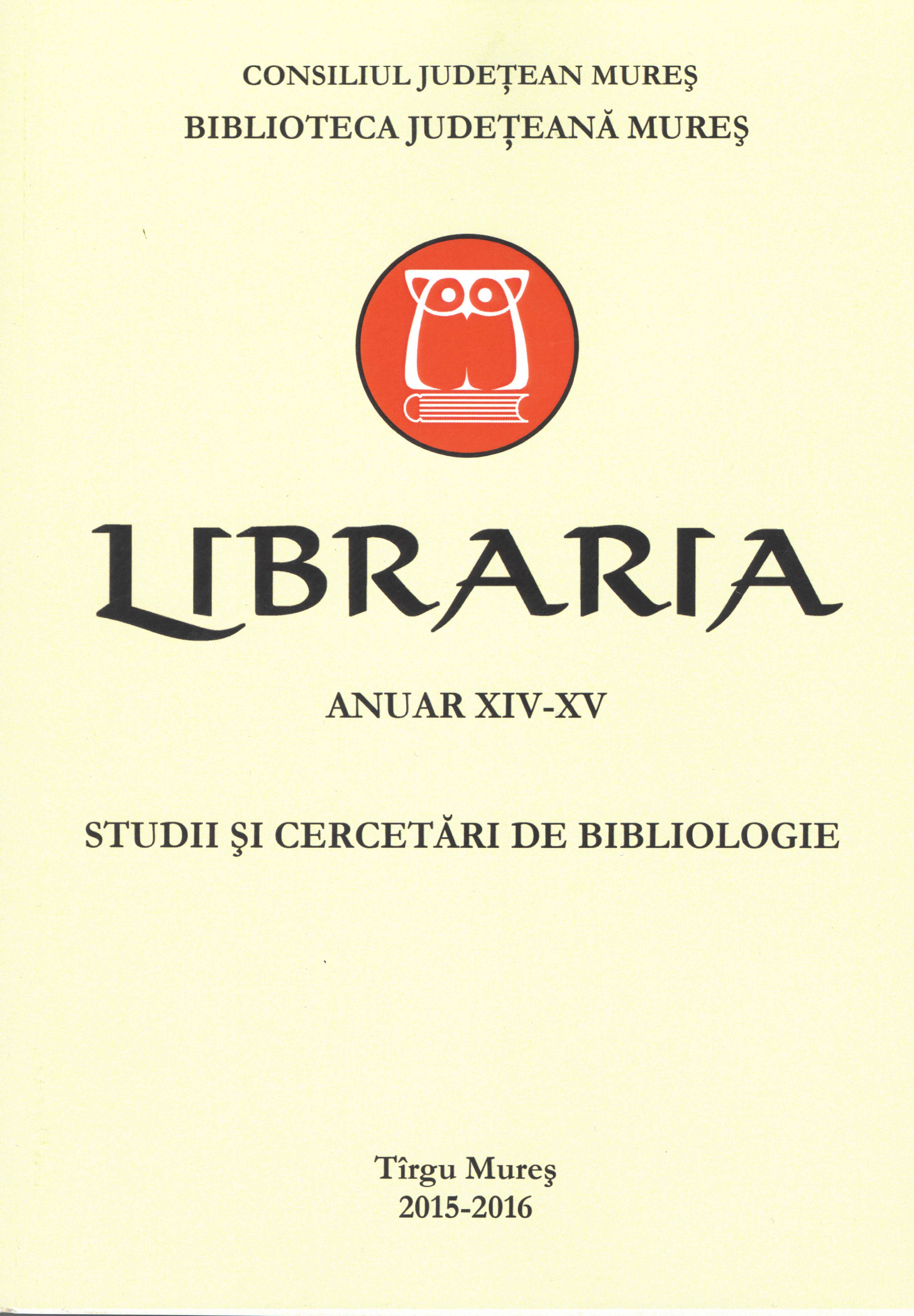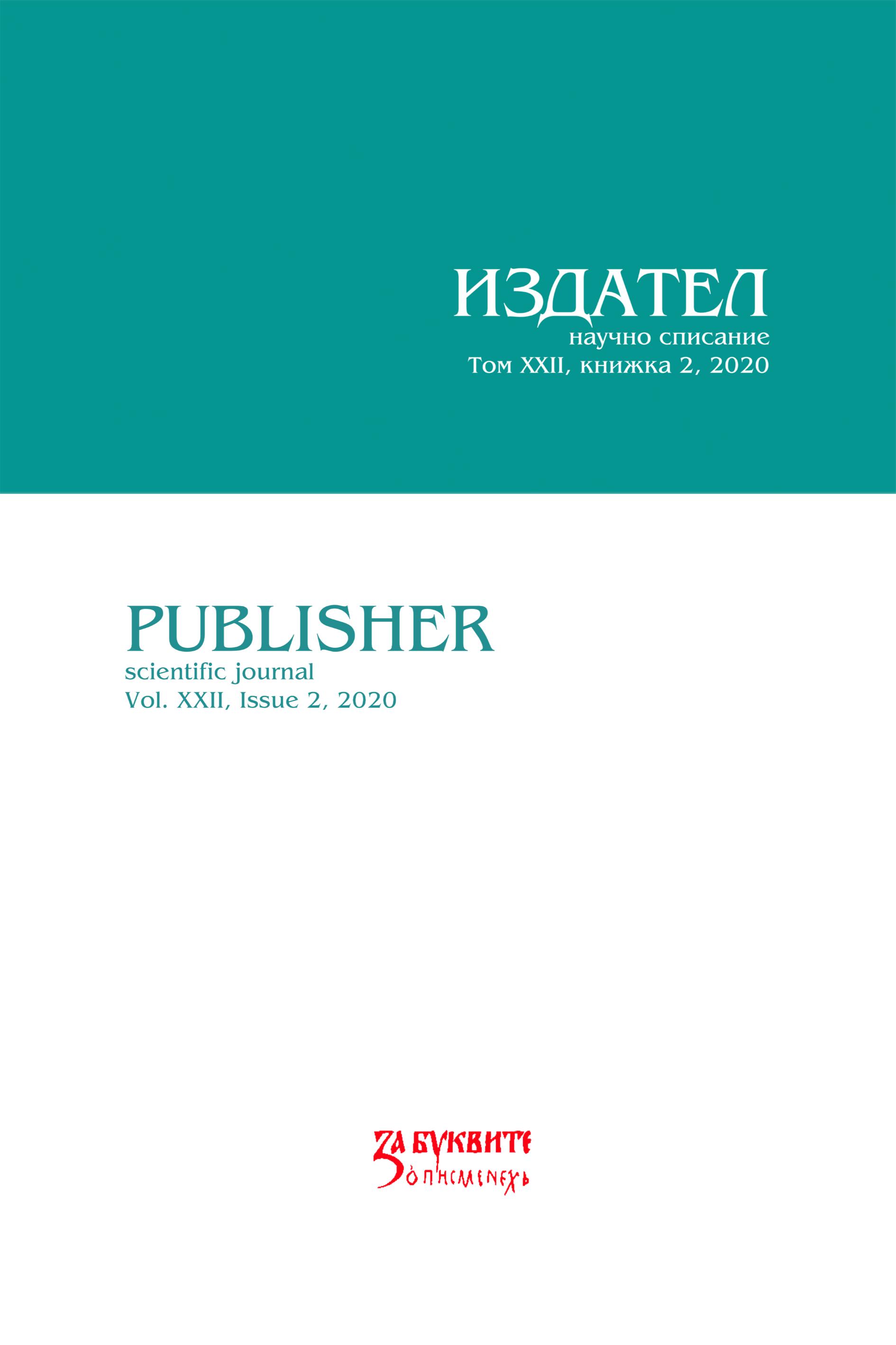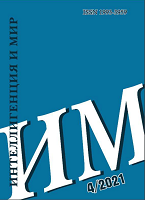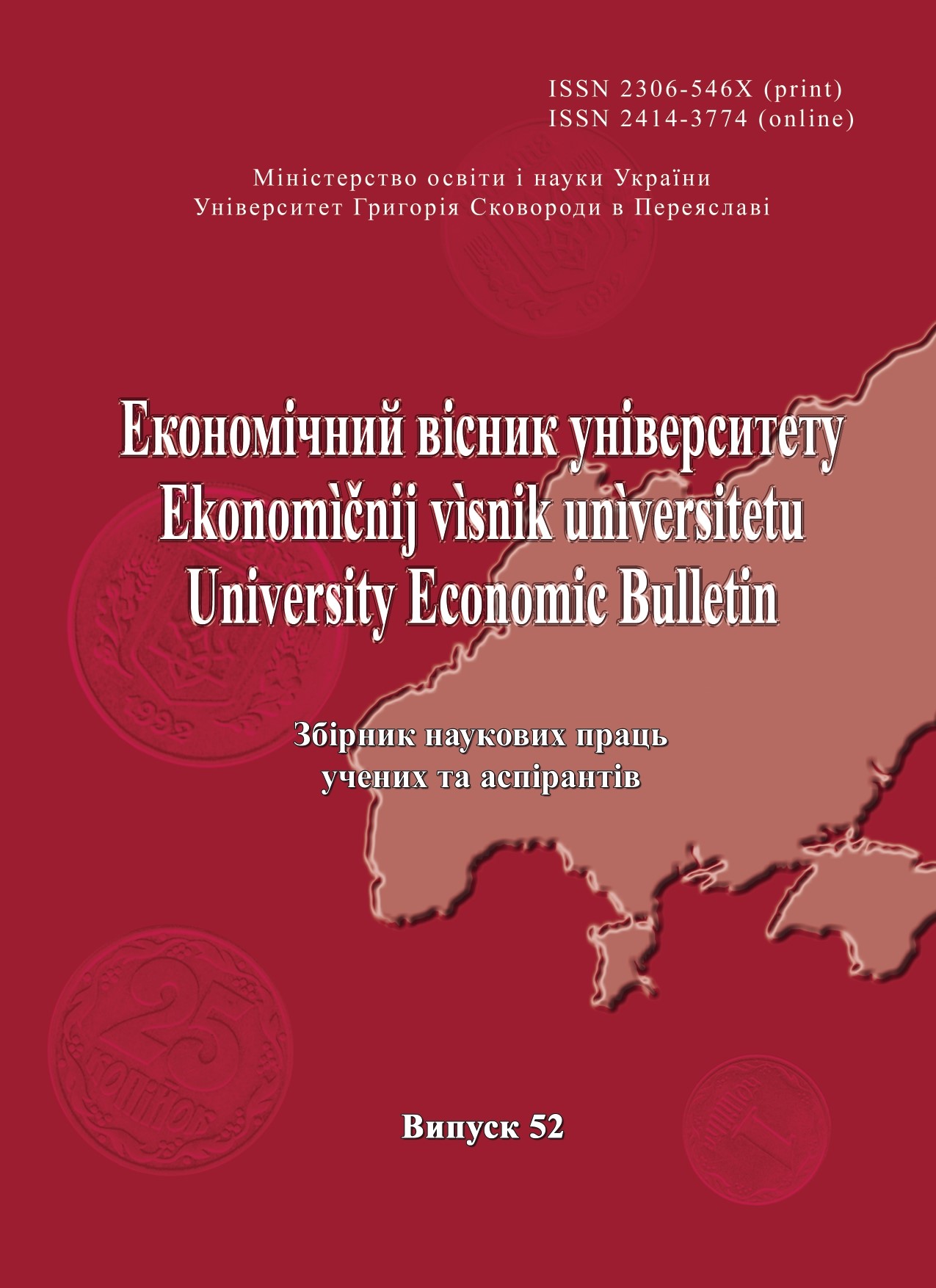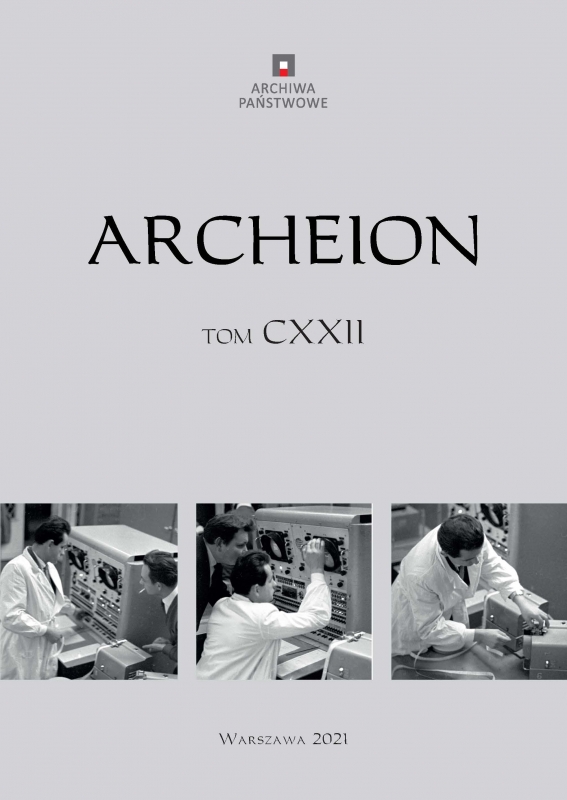Author(s): Evhenii Kostyk / Language(s): Ukrainian
Issue: 52/2022
The subject of the research is the features of state management of cooperative and private forms of publishing activity of the population in the conditions of the New Economic Policy (NEP), namely: monopolization and centralization of the publishing industry in Ukraine; introduction of a system of political and ideological control through censorship; administrative-judicial and ideological measures of state bodies on the activities of cooperative-private publishing houses; relations between cooperative, private and state publishing houses. The purpose of the scientific article is to study the features of state management of cooperative and private forms of publishing activity of the population in the conditions of the New Economic Policy. Research methods. All components of the study are based on the basic principles - scientific, historicism, objectivity, consistency, development, the priority of concrete truth, pluralism, as well as methods for understanding the socio-economic processes of social development – analysis, synthesis, problem-chronological, comparative-analytical, archeographic, retrospective , statistical, systematic and integrated approach. Methodology of the work. In the process of studying this issue, the main provisions were taken as a basis: the history of Ukraine, economic history and the history of economic thought, the history of the publishing industry, the works of domestic and foreign scientists and practitioners in this field. Work results. In the context of this issue, we studied the features of state management of cooperative and private forms of publishing activity of the population in the conditions of the NEP, namely: monopolization and centralization of the publishing industry in Ukraine; introduction of a system of political and ideological control through censorship; administrative-judicial and ideological measures of state bodies on the activities of cooperative-private publishing houses; relations between cooperative, private and state publishing houses. Scope of the results. The results of this study can be applied in the field of studying the problems of economic history and the history of economic thought, the history of the publishing industry. Conclusions. Therefore, having studied the activities of cooperative-private publishing houses, we can state that their relationship with state publishing houses had a situational socio-political paradigm, reflecting the attitude of the mono-party system to amateur forms of entrepreneurial activity of the population. During the 1920s a kind of "peaceful" coexistence of the two sectors of publishing activity continued, but there was a tendency towards the stateization of cooperative-private publishing houses. The state tried to prevent the strengthening of the role of private and cooperative forms. By introducing the classification of publishing houses, the Soviet state sought to monopolize and centralize the publishing industry in Ukraine, to introduce a system of political and ideological control through censorship. Administrative-judicial and ideological measures of state bodies were directed against cooperative and private publishing houses for several reasons: to eliminate a competitor from the consumer market of book products, to make it impossible for the independent cooperative-private system to function in the field of printing and printing, to involve them in the implementation of state orders of an ideological direction, to reorganization on the principles of state associations.
More...
